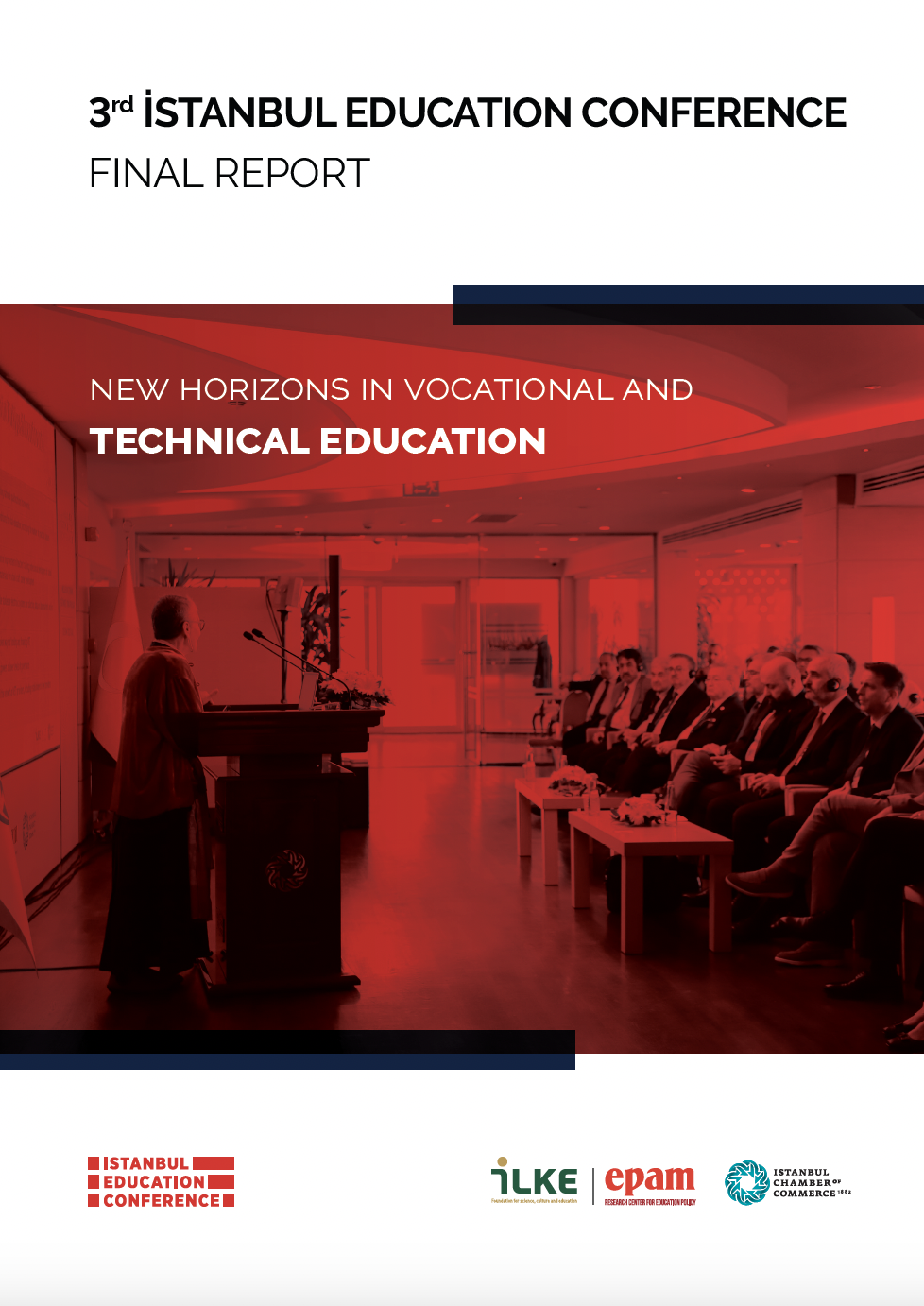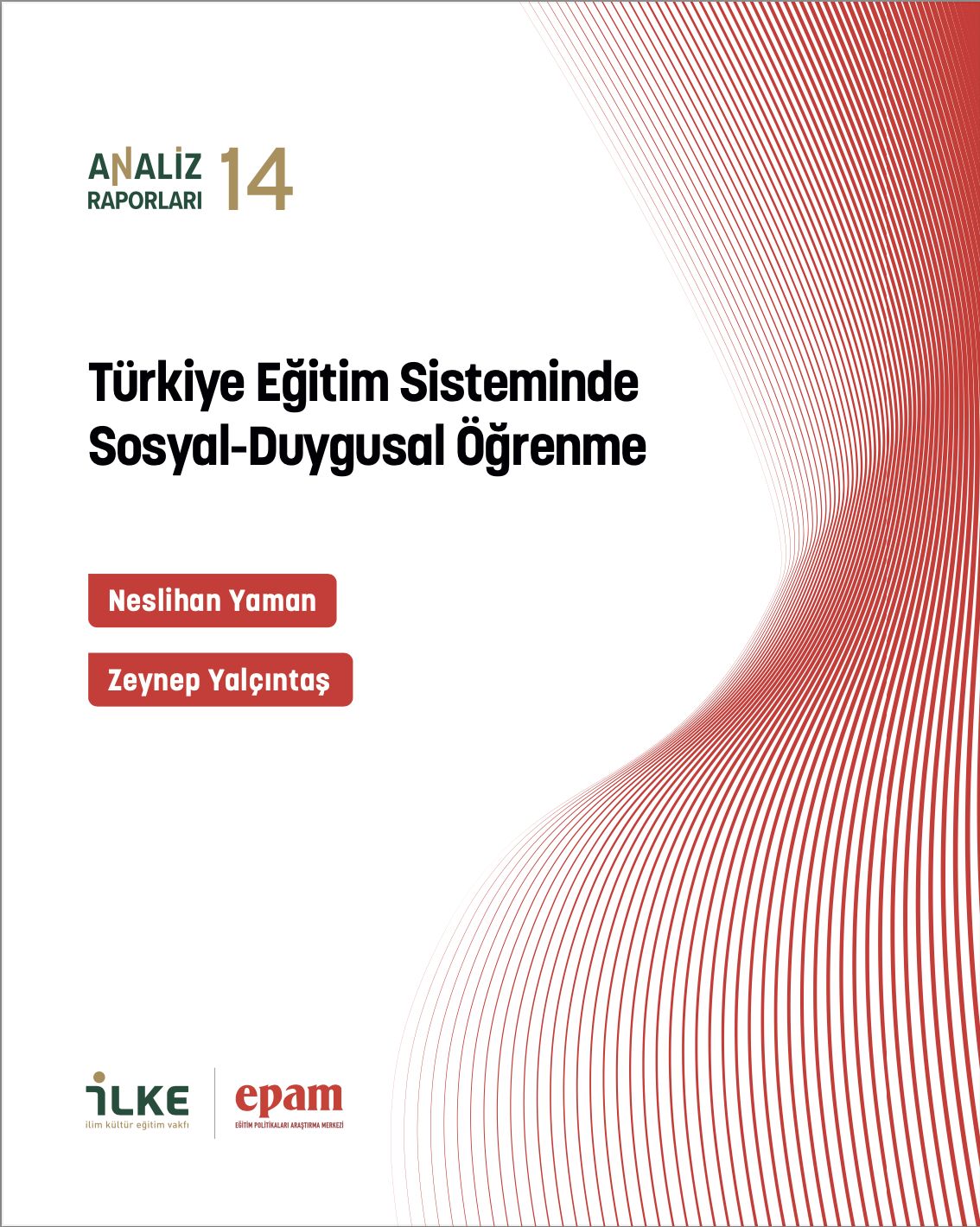Analiz Raporları
The development of social and emotional skills is of critical importance for the enhancement of children's academic performance and lifelong learning, with a multitude of benefits that extend beyond the educational context. These benefits include the facilitation of learning, the reduction of behavioural problems, the adaptation to innovations, the ability to respond to changing employment demands, and the provision of support for disadvantaged students. It has been demonstrated that students who possess robust social and emotional competencies are better able to forge and sustain social connections, to cope with adversity, and to engage in learning.In recent years, a number of factors have had an adverse effect on students' emotional well-being, interpersonal interactions, social adaptation and stress and anxiety levels. These include bullying, adaptation problems, substance abuse, increases in uncontrolled technology use, and biological and natural disasters such as epidemics and earthquakes in schools. The significance of social and emotional competencies that enable students to navigate these challenges has become increasingly apparent. Social-emotional development is now regarded as a crucial aspect of children's education, and successful school reform initiatives have underscored its importance. The development of robust social and emotional competencies not only enhances students' academic abilities but also fosters the growth of crucial social and emotional skills, including resilience, self-control, and social awareness. In this context, it is crucial to foster the development of social-emotional competencies from an early age and to monitor this growth through structured assessment and evaluation processes.This study is focused on ascertaining the primary areas requiring attention by analysing the current practices for social and emotional learning, measurement, and evaluation of social and emotional skills in the global context, with a specific emphasis on the Turkish situation. The objective is to provide constructive suggestions based on the findings..









